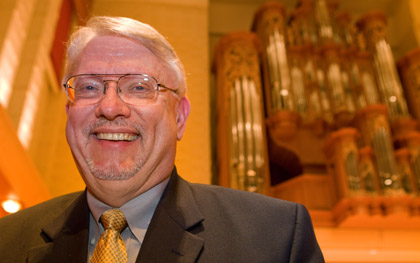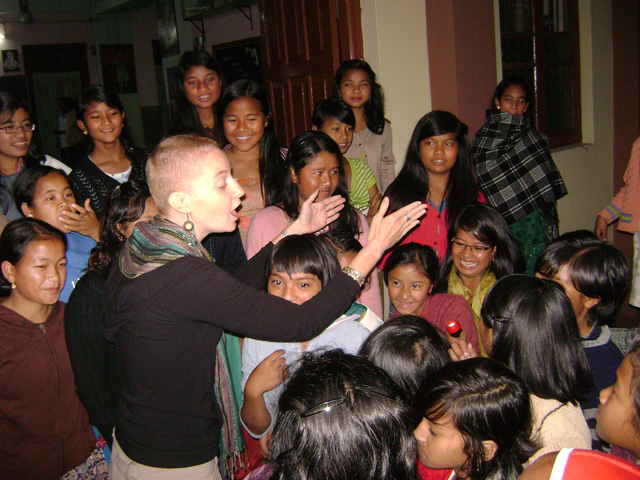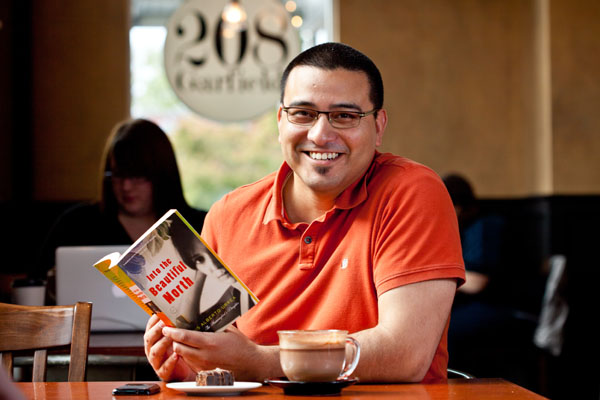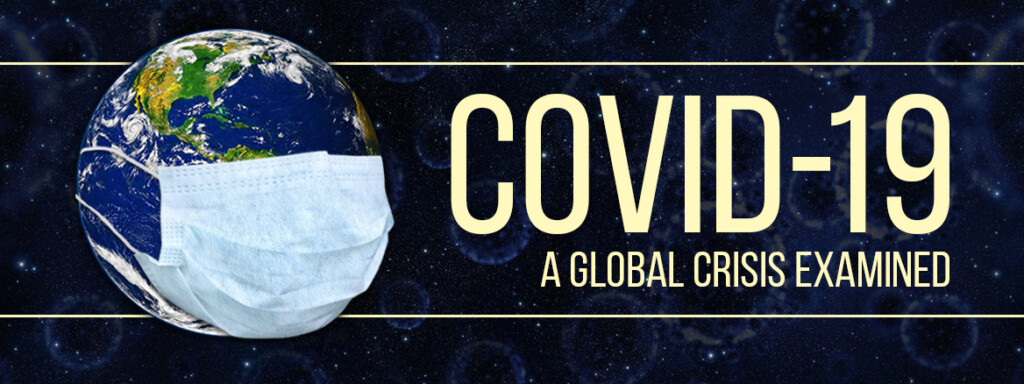Page 194 • (2,161 results in 0.033 seconds)
-

decades. The 1980s saw the emergence of study away as an important PLU facet. The Rieke Science Center was completed, faculty governance grew stronger and recruitment of new students became increasingly focused. Academic programs grew stronger and new programs were undertaken. At the end of the decade, the university celebrated its centennial, with a year long celebration that included the world premiere of my colleague Gregory Youtz’s opera on Northwest Native American history and simultaneous
-

students at BCC, ranging from 15 to 28 years of age, and far from “ordinary students” by American educational standards. “I was teaching them ‘conversational English,’” Bryant recalled. “Some students were almost fluent and some couldn’t understand anything at all.” The center has been successful and helped students reach a better future for themselves and their families, but it’s not enough, said Bryant. There are already many more students than the sisters can hold in their bare, makeshift classroom
-

integrating the book into their curriculum. Lisa Marcus, associate professor of English, plans to teach the book in her Writing 101 seminar on “Banned Books.” She wants students to recognize that Urrea’s book has been banned in Arizona as part of a push to suppress ethnic studies, particularly works that address Mexican-American history and experience. Students in her course – after reading about several controversial banning cases around race and sexual orientation – will take up Urrea’s book in the
-

& Communications Jerry White remembers sitting in his wheelchair in an Israeli hospital, looking at his nurse. When he found her, she just stared back, without sympathy, making no effort to help the 20-year-old American who had just had his right leg blown off by a landmine the week before. “I expected them to help me, but the nurses just stared back,” remembers White, now working for the U.S. State Department as a Deputy Assistant Secretary of the Bureau of Conflict and Stabilization. “They told me to get my
-

power acknowledge and address them and decide they want to change things,” he said. “That is the white power structure.” Smith, who identifies as African-American, said he enjoyed listening to white people in his group discuss the day’s topic. He said getting people beyond discomfort is crucial to meaningful dialogue. “I really was quiet at my table today because I thought it was an opportunity to listen, and for folks of color to not have to carry the banner around conversations on race,” Smith
-

-credit online course will lead students through a reflection of the ongoing COVID-19 pandemic. Over the span of the fall semester, 15 PLU faculty members will lead course participants in an exploration of the pandemic phenomenon through the lens of diverse disciplinary fields (course lecture schedule). Participating faculty will represent a wide span of PLU academic departments, including biology, global studies, history, holocaust and genocide studies, Native American and Indigenous studies
-

chemistry teaching assistant presenting research at the Murdock Conference and the American Chemical Society convention. He’s held down a variety of jobs, including working as a medical scribe, tutor, and scholar lead/mentor for Washington state opportunity scholars. He’s also been a campus leader, serving as the Vice President of the PLU Habitat for Humanity chapter, At-large senator of ASPLU, and founding the university’s Global Medical Brigades/Pre-med Club.Global Medical Brigades is an international
-

reflect on what kind of information they’re consuming, they can then move on to more complicated questions, like what information may be missing that might be important. In my Introduction to Media Studies class, I ask students to work in teams to audit an American news outlet. They have to carefully read articles to determine what the agenda setting function of news actually is. What is news covering that sets the agenda for what matters? Then we can ask deeper questions about power and what’s not
-
the Environment. The Philosophy Major A major in philosophy is 32 credits, or eight courses. They include Formal Logic (233), the Advanced Seminar (490), and at least two of the five courses in the history of philosophy: Ancient Philosophy (331), Modern Philosophy (333), Pragmatism and American Philosophy (336), Existentialism and Continental Philosophy (338), or The Analytic Tradition (335). On approval of the department, four credits in another field of study may be used for the philosophy major
-

shooting in American history on Sunday as a terrorist act targeting a place of “solidarity and empowerment” for the LGBTQ community and namely LGBTQ people of color. He urged Americans to decide “if that’s the kind of country we want to be.” It is not the kind of country I want, nor do I think is it the kind of country that our students deserve. Since the shooting death of PLU Professor Jim Holloway by a deranged gunman 15 years ago, we at PLU have been especially sensitive to issues of gun violence
Do you have any feedback for us? If so, feel free to use our Feedback Form.


